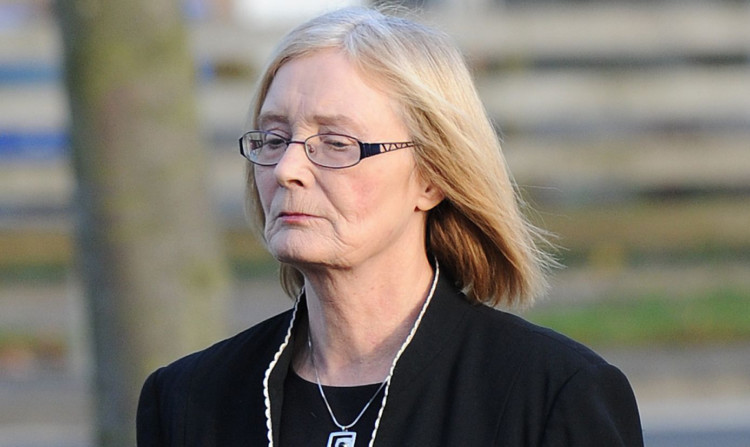Plans to break the link between MSPs’ salaries and the wages paid to MPs at Westminster have been announced by Holyrood’s Presiding Officer.
While MPs are in line for an 11% pay rise, Tricia Marwick said it was “unthinkable” that a significant increase for MSPs could be agreed at a time when members of the public are “struggling to make ends meet”.
She added that politicians at Holyrood should “show leadership and restraint ” with pay increases that were in line with the rest of the public sector.
Mrs Marwick said the Scottish Parliamentary Corporate Body (SPCB) which is responsible for the running of Holyrood had recommended that the 1% pay rise for MSPs which had already been proposed for next year should not be changed.
The salary of MSPs has been linked to that of MPs since 2002, with politicians at Holyrood paid 87.5% of an MP’s wage meaning an MSP’s salary is currently £58,097 a year.
But in the light of proposals to boost MPs’ salaries by £7,600 to £74,000 after the 2015 general election, Mrs Marwick announced the SPCB was recommending the link be broken, and in the future rises should be directly linked to pay increases in the public sector in Scotland.
MSPs are expected to debate the change and vote on it early next year, but the proposal already has the backing of all party leaders at Holyrood.
Mrs Marwick has now written to all MSPs explaining the pay proposal.
It comes as the 11% rise put forward by the Independent Parliamentary Standards Authority (Ipsa) the independent body given responsibility for Westminster pay and perks in the wake of the expenses scandal was condemned by a number of senior politicians there as “wholly inappropriate”.
Chief Secretary to the Treasury Danny Alexander said the public would find it “utterly incomprehensible” if Ipsa defied concerted calls from David Cameron, Ed Miliband and Nick Clegg to show restraint.
First Minister Alex Salmond has also said that the “the Scottish Parliament should not, and will not, follow Westminster on this”.
Mrs Marwick said: “The SPCB has been aware of the Ipsa consultation for some time and has been considering the most appropriate mechanism for setting MSPs’ pay in the future.
“It is unthinkable that a significant pay rise for MSPs could be agreed, particularly in the current economic climate when many of our constituents are struggling to make ends meet. The SPCB is therefore proposing that the current link with MPs’ pay be broken and that instead we put future increases in MSPs’ pay on an equal footing with those in the public sector in Scotland.
“It is incumbent on us to show leadership and restraint and to limit our increase in pay to the same level as the public sector. The SPCB appreciates the support of all the party leaders and will take steps at the appropriate time to make the recommendation to the Parliament for approval.”
On Sunday, Mr Salmond said: “Pay for MPs and MSPs should not rise beyond the limits of the restraints currently placed on public sector pay. It is ludicrous to suggest that parliamentarians should be given anything beyond these norms, at a time when public sector workers are having to make do with much, much lower pay increases.”
